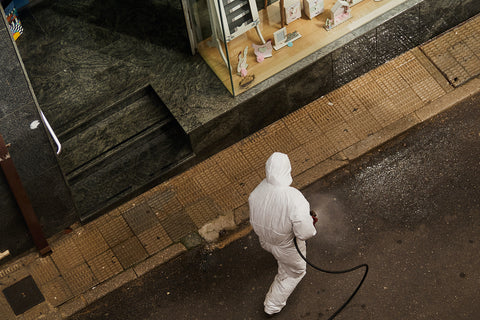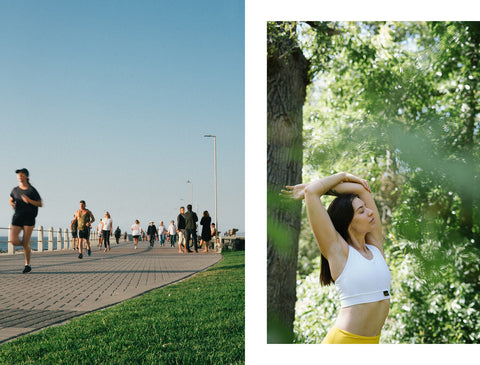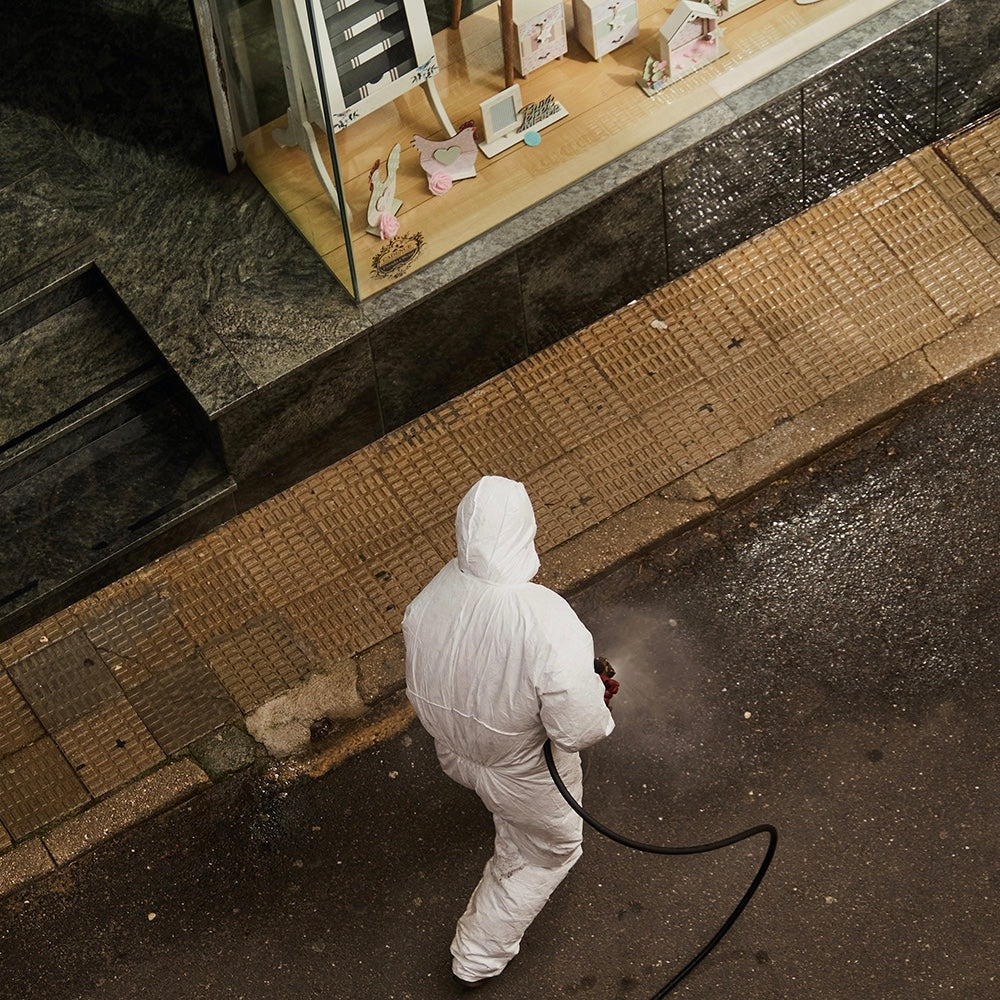
Even before anyone knew about COVID-19, people all over the world were yearning for more balance and wellbeing. However, the pandemic has now brought on new challenges that could keep us from attaining harmony.
UN Secretary-General Antonio Guterres said, “Unless we act now to address the mental health needs associated with the pandemic, there will be enormous long-term consequences for families, communities and societies”. With every challenge there are possibilities, so it’s encouraged that we all use this time to better our physical and mental resilience. Here are some ways to start:
With lots of time on hand and easy access to news around the clock, it can be tempting to check the news more often than you need to. Be aware that the media tends to over-report on negative news and under-report on positive news. Without this awareness, it can be easy to slip into a “doom and gloom” frame of mind. Also, there is quite a bit of “fake news” circulating, especially about the pandemic. So do make sure that you rely on only a handful of reliable news sources so that you don’t get overwhelmed, overloaded or misinformed.

Being cloistered away in your home for weeks or months at a time can be an isolating experience. If you’re feeling sad, anxious, depressed or lonely, don’t judge what are perfectly appropriate responses to life changes. It’s important to acknowledge your feelings so that you can care for yourself in the way that you need to. Stay connected to friends, family and even neighbours. Although it can be tempting to simply text or comment on social media - pick up the phone. Having a conversation with those you care about is crucial for your relationships and your wellbeing.

As ancient Eastern wisdom has believed for millennia and recently Western science has confirmed, the body and mind are connected. This means that an increase of mental stress can have negative effects on your body and vice versa. As the “new normal” is expected to continue for some time, it is encouraged that you find some form of physical exercise that not only keeps you in shape but clears your mind. Tai chi, yoga, running in nature and martial arts are great options. As it is understood that those with underlying health issues are most affected by COVID-19, those with underlying health issues should especially take this time to get healthier and more physically resilient.
As the common saying goes, “beauty is in the eye of the beholder”. This means that all good things can only be seen if the perceiver is open to what’s good and beautiful. While the present circumstances can seem negative, it’s important to look for the positives so that you can gracefully move through your struggles, learn and grow. Everyone will experience this differently - some may relish in the extra time they get to spend with their families, some may take the time to slow down and decompress from their busy lives, and others may use this time to step forward to help others. Especially during these times, there are a lot of people in need. Think about how you can support your family and community - no act is too small to make a positive difference. These acts of service can provide you with a profound sense of purpose during these times.
In the “old normal” many of us were too busy to start projects or take time for ourselves. Almost everyone had a list of things they wanted to do, people they wanted to call, books they wanted to read when they had more time. With the confinement of the pandemic, this is the perfect time to start. Make a list of things about your life that you’ve wanted to change and commit to at least one item on your list. For example, if you’ve always wanted to slow down and centre, add 20 minutes of morning meditation to your daily routine. Or if you’ve always wanted to eat healthier, buy a slow juicer or start cutting out unhealthy foods from your diet.
Reach out
As the world gets used to a new rhythm and way of being it can feel unsteadying. Work, social, family and personal time have drastically changed and this can bring up a lot of unsettling feelings. It’s completely normal to go through challenges and hit roadblocks are you start adjusting to the “new normal”. If you are feeling like you need extra support - and we all do - remember that you can always reach out to someone and that you are not alone. Whether that person is a friend, spiritual advisor, mentor, family member or mental health professional, reach out. Although many of us are on different boats, we are all facing the same storm together.
By Marisse Gabrielle Reyes


